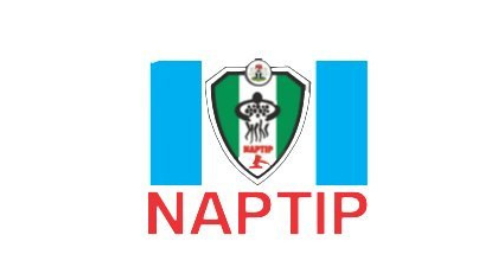The National Agency for the Prohibition of Trafficking in Persons (NAPTIP) has issued a clarifying statement to dispel fears and misconceptions regarding potential organ harvesting activities in Akwa Ibom State, Nigeria. The clarification comes in response to public concerns arising from remarks made by NAPTIP’s Public Enlightenment Officer, Eme Ukpabio, during a press briefing at the Akwa Ibom State Ministry of Humanitarian Affairs. Ukpabio’s presentation, while referencing the global phenomenon of organ harvesting as a component of human trafficking, inadvertently sparked anxieties about the presence of such practices within the state. NAPTIP has unequivocally stated that Ukpabio’s comments were not indicative of any actual organ harvesting incidents in Akwa Ibom, but rather served as a cautionary illustration of the broader global trends in human trafficking.
NAPTIP’s zonal command emphasized that the examples provided during the briefing were drawn from international cases and were meant to educate the public about the various forms human trafficking can take. The agency stressed that there have been no reported cases of organ harvesting in any hospital or clinic within Akwa Ibom State. While acknowledging the global prevalence of organ harvesting, NAPTIP reiterated its commitment to combating human trafficking in all its forms and underscored the importance of public vigilance, particularly concerning the well-being of vulnerable individuals such as children and adults susceptible to exploitation.
The statement issued by Ben Essang, a NAPTIP staff member, sought to reassure the public and clarify the agency’s position on the matter. It highlighted the importance of distinguishing between raising awareness about global trends and reporting actual occurrences. NAPTIP emphasized that the agency’s primary goal is to inform the public about the diverse and evolving nature of human trafficking, including organ harvesting, without causing undue alarm or misrepresenting the situation on the ground. The clarification aimed to restore public confidence and encourage continued cooperation in combating human trafficking.
The agency further urged citizens to remain vigilant and to report any suspicious activities that may be indicative of human trafficking to the appropriate authorities. NAPTIP’s proactive approach in addressing the public’s concerns demonstrates its commitment to transparency and accountability in its fight against human trafficking. By promptly clarifying the situation, NAPTIP has effectively managed to prevent the spread of misinformation and maintain public trust in its efforts to protect vulnerable populations from exploitation.
Furthermore, NAPTIP’s clarification underscores the importance of responsible communication when discussing sensitive topics such as organ harvesting. While raising public awareness is crucial, it is equally important to ensure that the information disseminated is accurate and does not inadvertently create unnecessary fear or panic. By acknowledging the global context of organ harvesting while simultaneously confirming the absence of reported cases in Akwa Ibom State, NAPTIP has struck a balance between informing the public and preventing undue alarm.
In conclusion, NAPTIP’s swift response to the public’s concerns demonstrates the agency’s commitment to transparency and responsible communication in its fight against human trafficking. By clarifying that the mention of organ harvesting during the press briefing was intended to raise awareness about global trends and not to indicate the presence of such practices within Akwa Ibom State, NAPTIP has effectively managed to address public anxieties and maintain its credibility. The agency’s proactive approach serves as a reminder of the importance of accurate and responsible communication when discussing sensitive topics that have the potential to cause widespread concern. The incident also highlights the critical role of public vigilance and cooperation in combating human trafficking in all its forms.














